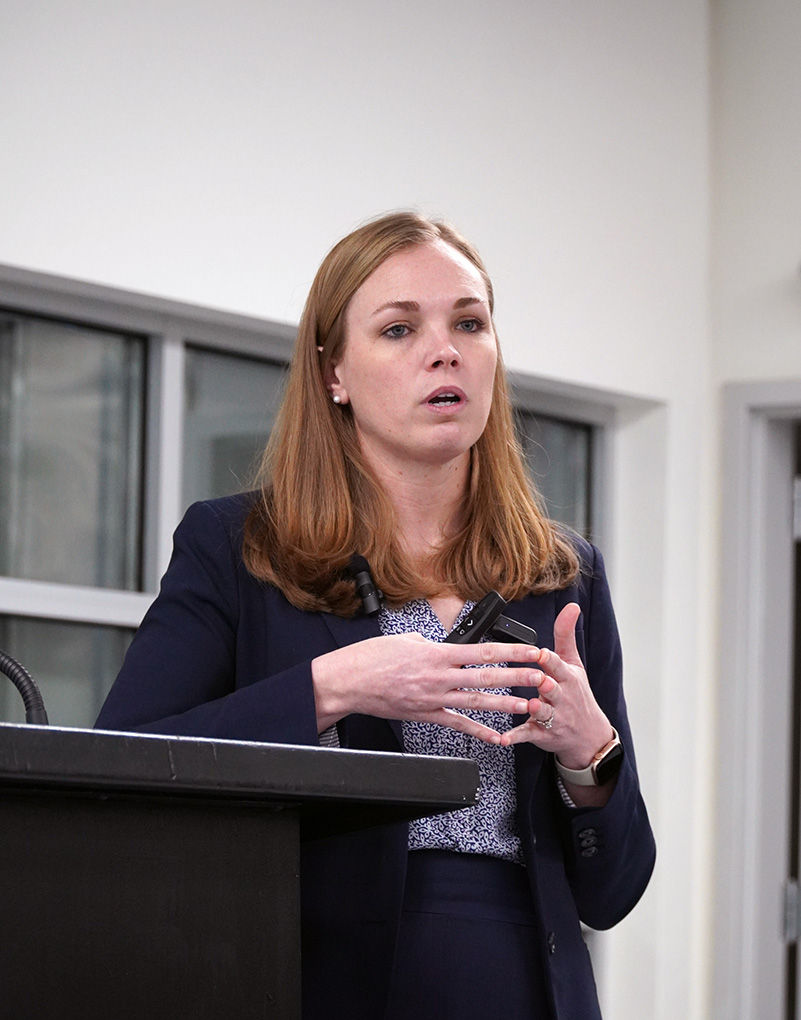Community Group Challenges Overturn Of Banning Aerial Spraying
- Kiera Morgan

- Jun 3, 2020
- 3 min read

On May 28th, an appeal brief was filed with the Oregon Court of Appeals challenging the Lincoln County Circuit Court's decision to overturn the ban on aerial spraying of pesticides adopted by the people of Lincoln County in May 2017. The law was challenged by interests tied to big corporate timber shortly after being enacted in 2017. Also contained in the brief filed by Lincoln County Community Rights and Carol Van Strum as a spokesperson for the Siletz River, is a challenge to the court’s denial of intervention by the Siletz River ecosystem in the lawsuit.
The Freedom from Aerially Sprayed Pesticides Ordinance of Lincoln County banned aerial spray of pesticides as a violation of people’s right to clean air, water, and soil. It also secured the rights of natural ecosystems to be free of the toxic trespass caused by aerial pesticide spraying and, with that, the right of those ecosystems to enforce such rights.
Even though the ban was in effect for over two years, during which the logging industry sustained itself economically, thereby showing that aerial pesticide spraying is not necessary, the circuit court ruled in September 2019 that the ban was unenforceable by the government of Lincoln County because it was preempted by state pesticide laws.
“We had to appeal for the sake of the people of Lincoln County and for the natural environment of which we are a part. Aerial spray of pesticides is illegitimately legalized violence against all life and must stop. Not appealing, staying silent, would be akin to surrendering. Our rights must always override corporate profit,” said Maria Sause, one of the founding members of Lincoln County Community Rights. In arguing why the Siletz River should have been granted standing to defend its rights as secured by the ordinance, the brief makes this point:
There is nothing to prevent this Court from employing similar reasoning to recognize that the ability of ecosystems to participate in lawsuits is not limited by the term "person", but rather, that term may properly encompass an ecosystem, just as it has come to include corporations and other types of associations. Later, the brief makes a clear assertion around where rights reside in regards to the natural world vs. industrial practices.
There is no inherent or fundamental right to aerially spray pesticides. In contrast, the ecosystem has a fundamental right to exist and thrive, and the activity of aerially spraying pesticides interferes with those rights. The concept of rights of nature is not based solely on the idea that nature has rights. Equally important is the concept that humans have a responsibility toward nature. A judgment in favor of nature or an ecosystem recognizes these rights and responsibilities.
The crux of the decision from the Lincoln County Court to overturn Measure 21-177 stems from the belief that state preemption is to be seen by the courts as superior to the right of a community to enact law that expands protections for health, safety, and welfare. The invention of state preemption is challenged and called out in these separate passages of the appeal brief:
It is clear that the Oregon statute in this case was written by industry lobbyists to use state preemption as a weapon against local public health laws, such as the one enacted by Lincoln County here. While the Circuit Court claimed, "[p]reemption is a legal doctrine; it does not have an inherent political agenda," (Opinion at 4), instead, we see that preemption is entirely political and that the pesticide preemption statute is an example of an increasing trend in special interests using state preemption as a political weapon at the expense of the public's health and safety.
Oregon’s Pesticide Control Act, the preemptive law in question, is nearly a carbon copy of model legislation put forward by the American Legislative Exchange Council (ALEC) in the mid 90’s. ALEC is a mouthpiece and political juggernaut for corporate America that moves bills in state legislatures (including Oregon’s) and suppresses local democracy in favor of corporate profit.
The doctrine of preemption should not be applied, as it was in this case, to give precedence to a state law that restricts or interferes with fundamental rights, such as the right to health and safety. The Legislature's imposition of a uniform, statewide system of pesticide regulation under Oregon's Pesticide Control Act prevents the people of Lincoln County from securing and protecting their fundamental right to clean air, water, and soil free of aerially sprayed pesticides.
Local communities across the nation assert more expansive rights and protections than those offered at the federal and state level. It is time for the courts to adopt a standard for the preemption doctrine which renders it inapplicable to local laws securing fundamental rights by requiring that preemption be narrowly justified by an important state interest. The briefing schedule will continue on approximately until October, until the court can set a hearing date, most likely in 2021.
Information provided by Lincoln County Community Rights




.png)



Comments